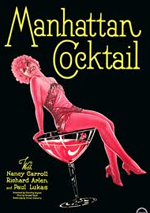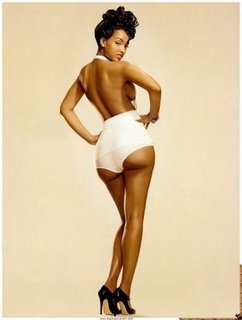What does shopping mean? In her post, “A Truly Black Friday,” buddistfemme discusses how a 34-year-old, part-time worker was trampled to death by a mob at a Long Island Walmart as shoppers rushed the doors early this morning. It’s a terrible image of the social scene engendered by consumerism, and it got me thinking about the consumer frenzy that has come to define the holiday season and the typical misconceptions about it.
Consumerism appears to be something quite different from what it truly is. The truth about shopping is revealed in a great essay by Jean Baudrillard called “Consumer Society.” Here’s some food for thought before you head to the mall:
The world of consumer society is actually a world of “general hysteria.” This is because the “profusion” of commodities–the spectacle of objects that makes you salivate when you go to the mall–is designed to overcome the consumer’s logic and produce a “frenzy of purchasing and possession.”
Despite what economists say, consumerism is not about fulfilling needs. We go from one object to the next because we’re trying to fulfill a desire that fundamentally cannot be satisfied. You can never really get your “fix.” What we “need” is not the particular object but social meaning.
Although it seems like consumerism is about pleasure and indulgence, it’s actually just the opposite. Shopping is not a pleasure but the citizen’s duty.
Failing to consume, especially during the holidays, is seen as unAmerican. If you say that you’re satisfied with what you have, that you don’t need to “shop til you drop,” you’re risking being asocial.
Although consumerism is a mode of socialization, what we’re being socialized into is an individualistic and alienating world. Maybe one reason why consumerism is so often associated with a feeling of emptiness (after the “high” of the purchase) is because it isolates and stratifies us, instead of bringing us together.
Those frenzied Walmart shoppers are not the exception but the rule. They are us.
Filed under: News and Events | Tagged: consumerism | Leave a comment »






